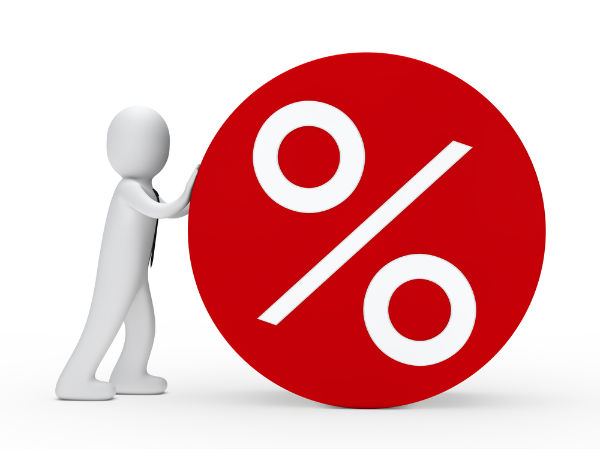How Can I Make The Most Of My Savings Account?
Depositing money is the key use of a savings account. That being said, it is not deemed an efficient strategy of investing money only to leave a large capital in the savings bank account. In general, banks bid lower interest rates on savings account balances. Investors should also attempt to optimize the advantages of a savings account. Based on the depositor's asset allocation and risk tolerance, the easiest way to gain more benefits from a savings account is to transfer the funds to investment products.
The savings account defines the bond between the account holder and the bank and acts as its cash handling mechanism. Investors can maintain records of the transactions and income received. It is possible to accept the annual bank statement provided by these accounts as a tax compliance record. To set up some standardized transaction, these accounts can be used. A savings account can be used to make investments in recurring investments, fixed deposits, insurance and other investment vehicles. But how can you make the best use of a savings account? Let's find out the answer to this question.


How Can I Make The Best Use Of A Savings Account?
Usually, the first stage in a financial path begins by starting a savings bank account. Although depositing money in a safe place is the primary objective of a savings account, it also establishes a partnership with the bank that allows the investor to manage different investment vehicles. Follow the ways to make the most of your savings account.

By making investments:
To set up regular transactions, a savings bank account can be used. For a certain period of time, a SIP or a bank RD/FD can be established. Using a savings account you can also open a trading and demat account to invest in mutual funds or other securities. Online banking can also be used to invest in PPF, FD using a sweep-in facility, insurance and other investment strategies.

Paying outstanding bills:
The savings bank account operates as a financial planning mechanism owned by an individual. Utility bill payments of third parties, tax payments, loan EMIs, insurance premiums can be paid conveniently. For all investments linked to the bank account, an overview or financial summary of the customer is offered by several Online banking platforms.

Using as a proof of annual bank statement:
Along with expenses carried out, the savings bank account can be used by an individual to his or her income earned per annum by using an annual bank statement which contains a summary of income received by various means and thus becomes a crucial document while filing your IT return.

By enhancing your relationship with the bank:
Based on the size of the account, the banking relationship can be useful to allow use of other privileges provided by the bank. Some of them are credit cards, pre-approved loans, overdraft services, discounts on certain transactions, exemption from service fees and so on.

Taxation
Under section 80TTA of the Income Tax Act, interest of up to Rs. 10,000 received in a fiscal year is exempted from taxable income from post office savings accounts. If the person is a senior citizen, the benefit can be claimed under section 80TTB of up to Rs 50,000. The interest earned is taxable under the term 'Income from Other Sources' in the instance of a regular bank savings account. A deduction of up to Rs 10,000 on interest income is given under Section 80TTA and, thus, interest received above Rs 10,000 is only taxable. In the case of a senior citizen, this deduction will go up to Rs 50,000.

Interest rates on savings account
There are some small and private sector banks, opposed to the largest private banks, which deliver stronger interest on savings accounts. Despite low interest rates, there are now two private banks offering more than 7 percent return on savings accounts. To know more click here.































